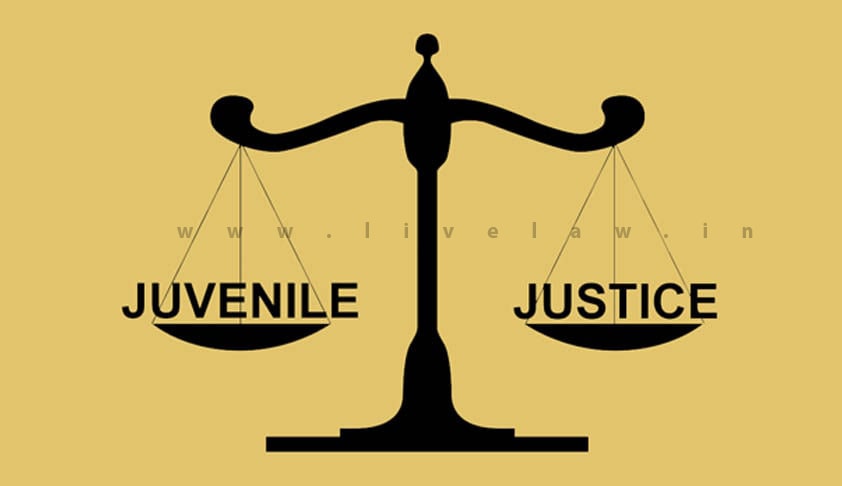- Home
- /
- Top Stories
- /
- New Juvenile law challenged in SC
New Juvenile law challenged in SC
LIVELAW NEWS NETWORK
1 Feb 2016 6:06 AM IST
Three weeks after President Pranab Mukherjee gave assent to the new Juvenile law which permits minors between 16 and 18 who committed heinous offences like rape and murder to be tried as adults, a public interest litigation has been filed in the Supreme Court challenging its constitutional validity.Parliament had passed the bill on December 22 last year amidst a national outrage after...
Next Story



